Somehow it's already been two weeks of my urology rotation, and I haven't shared with you all how awesome it is. I have been busy with other things (like ERAS – the online residency application – which I will tell you more about later), so here are a few highlights:
- My first week included "the Nesbit," which, as far as I could gather, is a symposium organized each year to feature interesting research from urologists at UMMS and other important people in the field. This hear it was specifically about Health Services Research, which was a fantastic coincidence. Everyone was very gung-ho public health (with the possible exception of one speaker, but he was there primary to remind us of how much we need to continue to work on communicating our work with colleagues who do not have lots of statistical background), and it was fascinating. Topics ranged from specific descriptions of interesting studies and funding mechanisms to frontiers in urology (both methodologically and geographically).
- I've gotten to spend some time with the Neuromuscular and Pelvic Reconstruction (NPR) service, who are the urologists that spend the most time with female patients. They do joint cases sometimes with the urogynecologists (with whom I thoroughly enjoyed a rotation last November), and provide a slightly different perspective on things going wrong in the pelvis. I've seen some crazy reconstructions, some procedures for incontinence and some interventions for painful bladders.
- I've also gotten to see other things that I'll likely never do again, like the construction of a new bladder from a piece of stomach combined with a piece of small intestine, for a child who was effectively born without one. So cool!

Department of Communication at Michigan Medicine
Want top health & research news weekly? Sign up for Health Lab’s newsletters today!
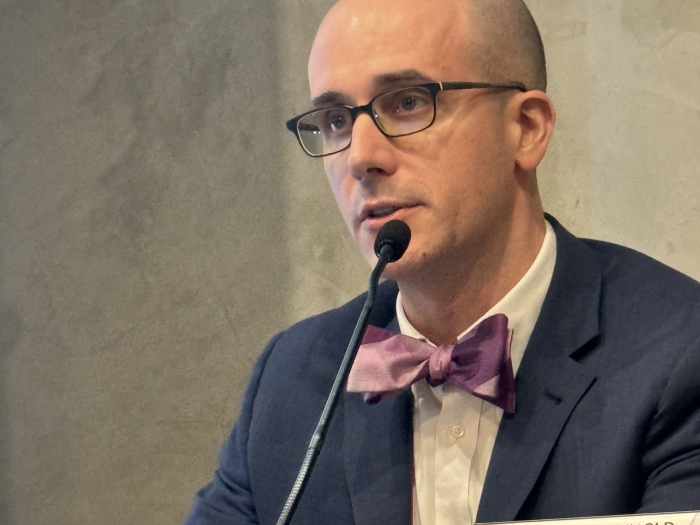
Department News
Elliott Tapper, MD, FASSLD is an Associate Professor of Internal Medicine and Academic Chief of Hepatology in the Division of Gastroenterology and Hepatology.
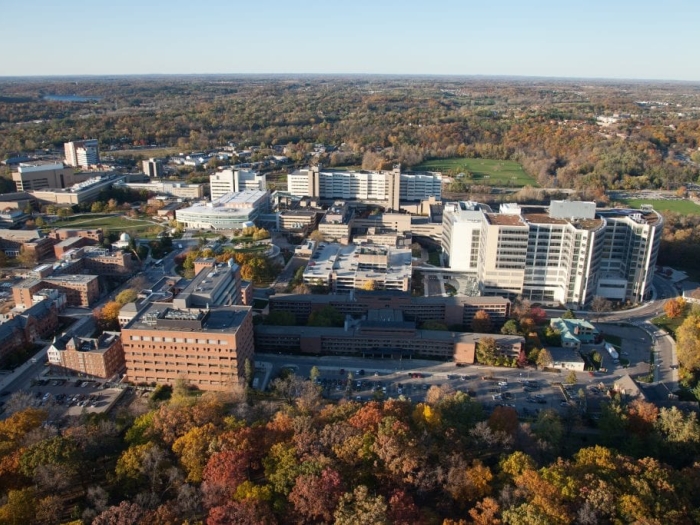
News Release
United Michigan Medicine Allied Professionals (UMMAP) workers have reached a tentative, three year agreement with University of Michigan Health.
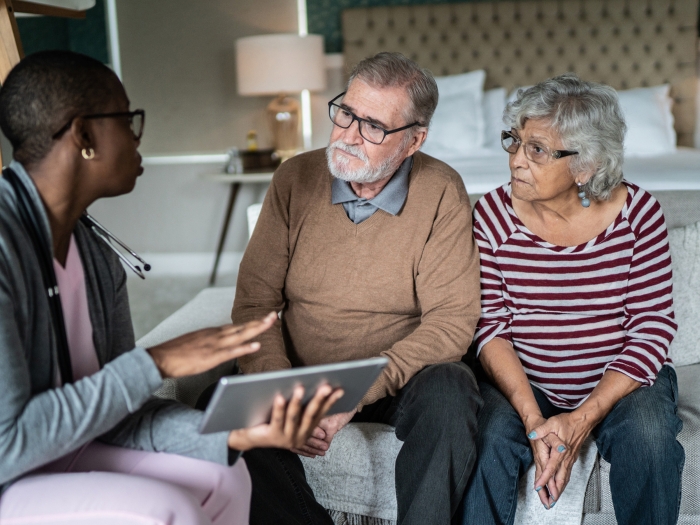
Health Lab
More than three-quarters of older adults with dementia may be unaware of their diagnosis, a University of Michigan study finds.
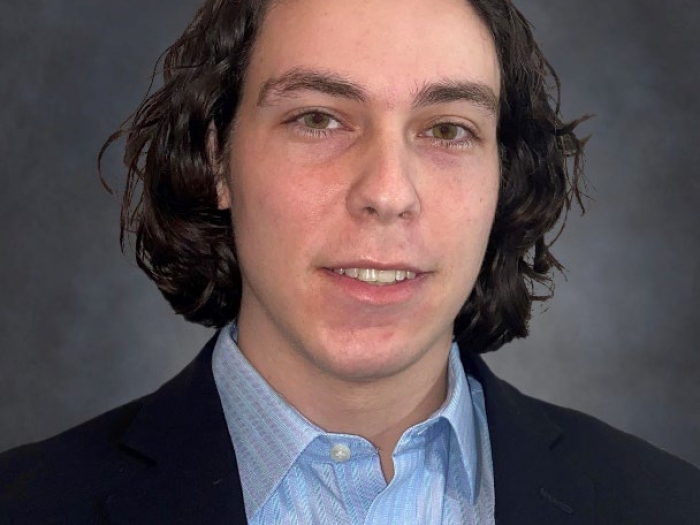
Department News
Please welcome our newest postdoc, Dr. Shawn Flynn!
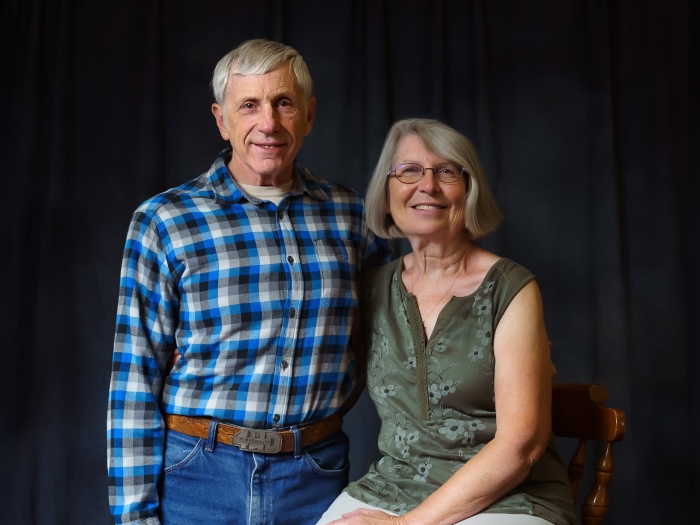
Health Lab
A tooth infection led to the discovery of a woman’s giant brain aneurysm, which doctors treated using minimally invasive flow diversion embolization.

Department News
Dr. Stidham's interview in AGA "GI Docs will need to forge a 'Human-Computer Cooperative'"